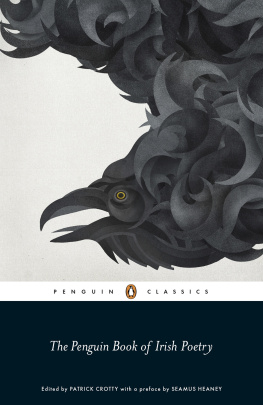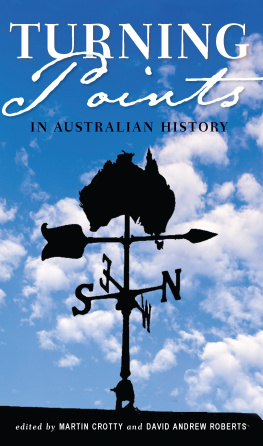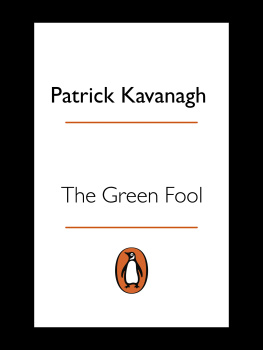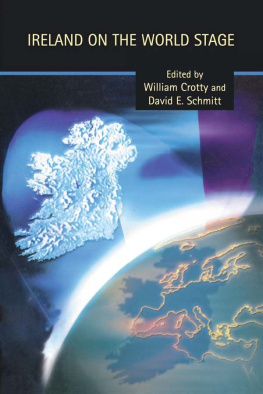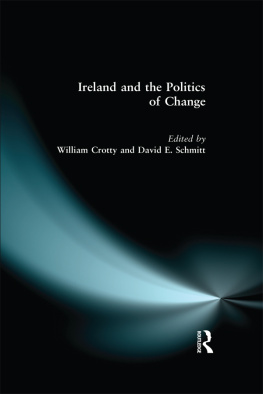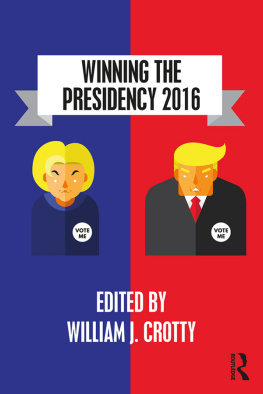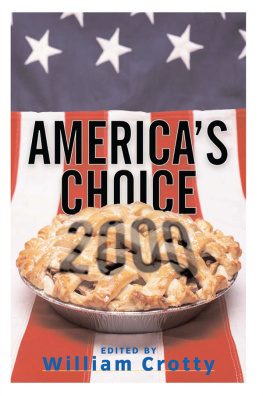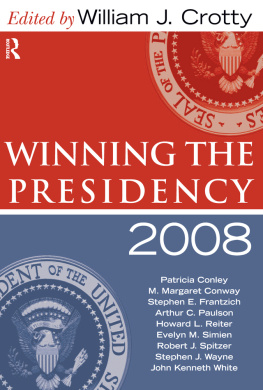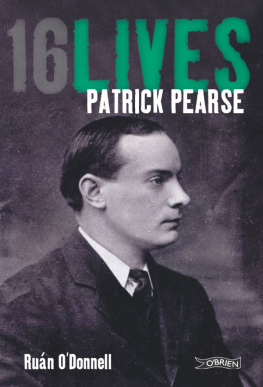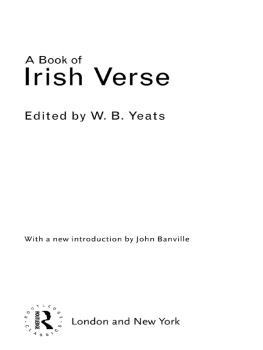Patrick Crotty - The Penguin Book of Irish Poetry
Here you can read online Patrick Crotty - The Penguin Book of Irish Poetry full text of the book (entire story) in english for free. Download pdf and epub, get meaning, cover and reviews about this ebook. City: London, year: 2018, publisher: Penguin Random House UK;Penguin Classics, genre: Religion. Description of the work, (preface) as well as reviews are available. Best literature library LitArk.com created for fans of good reading and offers a wide selection of genres:
Romance novel
Science fiction
Adventure
Detective
Science
History
Home and family
Prose
Art
Politics
Computer
Non-fiction
Religion
Business
Children
Humor
Choose a favorite category and find really read worthwhile books. Enjoy immersion in the world of imagination, feel the emotions of the characters or learn something new for yourself, make an fascinating discovery.
- Book:The Penguin Book of Irish Poetry
- Author:
- Publisher:Penguin Random House UK;Penguin Classics
- Genre:
- Year:2018
- City:London
- Rating:4 / 5
- Favourites:Add to favourites
- Your mark:
- 80
- 1
- 2
- 3
- 4
- 5
The Penguin Book of Irish Poetry: summary, description and annotation
We offer to read an annotation, description, summary or preface (depends on what the author of the book "The Penguin Book of Irish Poetry" wrote himself). If you haven't found the necessary information about the book — write in the comments, we will try to find it.
The Penguin Book of Irish Poetry — read online for free the complete book (whole text) full work
Below is the text of the book, divided by pages. System saving the place of the last page read, allows you to conveniently read the book "The Penguin Book of Irish Poetry" online for free, without having to search again every time where you left off. Put a bookmark, and you can go to the page where you finished reading at any time.
Font size:
Interval:
Bookmark:

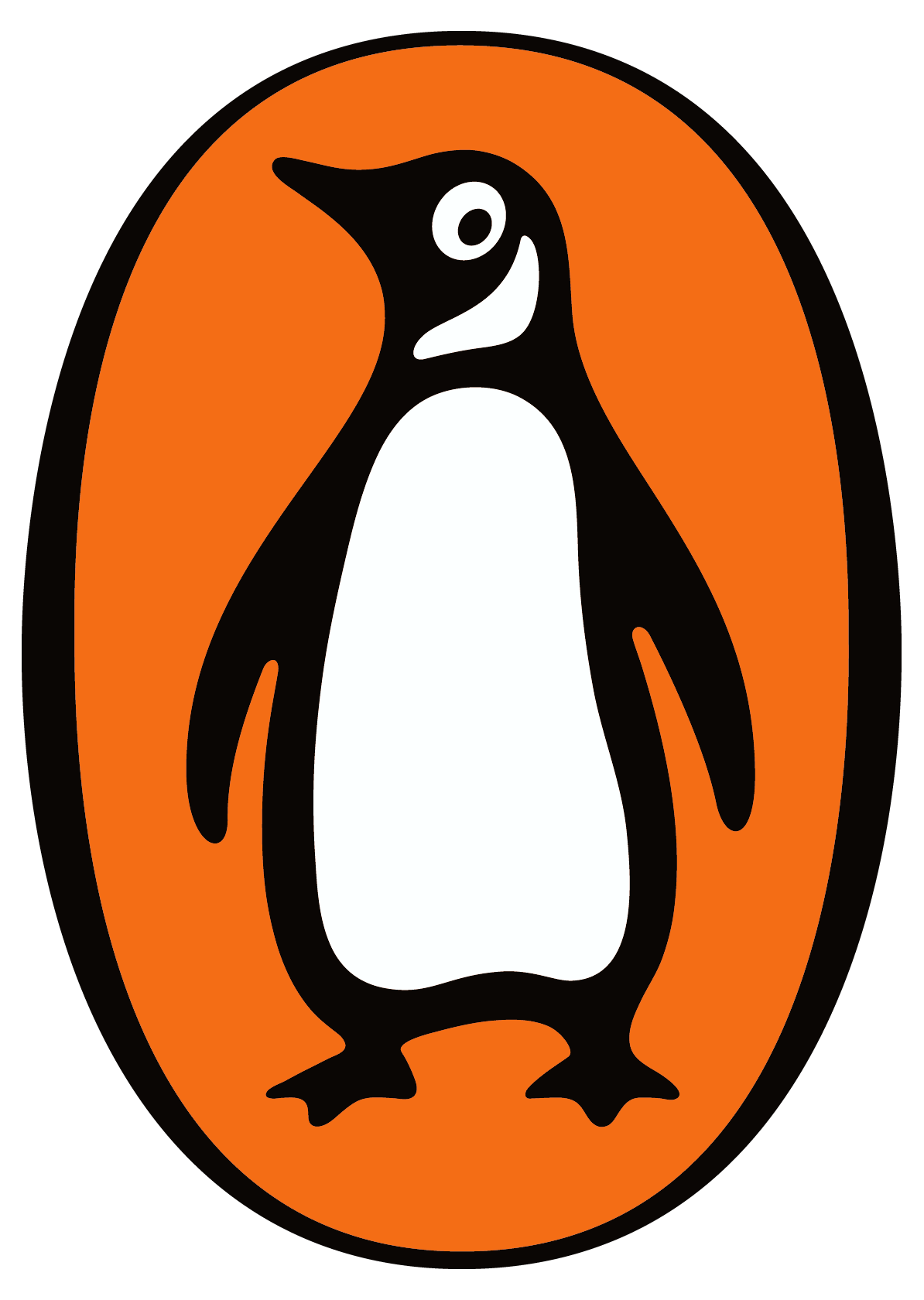
- I: WRITING OUT OF DOORS:
EARLIEST TIMES TO 1200 - II: THERE IS NO LAND ON
EARTH ITS PEER: 12011600
with a Preface by SEAMUS HEANEY



discover more stories like this at Penguin.co.uk
 CLASSICS
CLASSICSIn 1995 he was awarded the Nobel Prize for Literature. In memory of Patrick Crotty (191080)
and Kathleen Burns (191394)and for Brian, Ronan and FergalAoibhinn, a leabhrin, do thriall
Translations of work from Latin, Old Norse and Norman French indicate that Crotty, like Leopold Bloom, takes it for granted that a persons birth in Ireland (or indeed a translators feel for Irish poetry) is sufficient to make Ireland his or her nation. Blooms nation the same people living in the same place starts off as those original Gaels whose myths and practices would subsist for centuries in a country that was destined to experience conversion by Christian missionaries, raids and eventual settlement by Viking adventurers, then conquest by Norman barons, annexation by the English crown and, finally, military and cultural defeat of the Gaelic order by that same English power. All of these great events are confronted and given expression in the poems included here, but the poems are not chosen only as commentary on that history. Their imaginative vigour, their technical pleasure in themselves as works, their artistic sufficiency and inner freedom are what earn them their literary place. And when we turn to the work of the nineteenth century and after, that resurgent energy of the writing qua writing becomes an aspect of a wider surge towards political and cultural independence. Certainly the Irish in Patrick Crottys title does not induce in him the kind of anxiety detectable in the introduction to the earlier 1958 Oxford Book of Irish Verse.
One of its editors spoke there of Irish poetry in English as a relatively novel art and harked back to a phase of Irish history when the only English known by the majority was that minimum necessary to understand an order. But if such old resentments have disappeared it is still worth remembering that the editor who wrote those words was Donagh MacDonagh, himself a poet and son of the poet-revolutionary Thomas MacDonagh who had been executed a mere forty-two years earlier because of his part in the 1916 Rising. Which is another way of saying that until relatively recently Irish poetry has often been implicated, and has sometimes very deliberately implicated itself, in the national question. When, for example, Yeats declared in 1937 that Gaelic was his national language, but not his mother tongue, he wasnt just making a fine linguistic distinction: he was clinching the argument that he owed his soul not only to the Irishry the quotation marks were his but to Shakespeare, to Spenser and to Blake and to the English language. He was also detaching himself from the cultural nationalism of the new Irish Free State which his early work had done so much to foster, as well as from the early work of his friend Douglas Hyde, then president of the country, the man who had once written a manifesto on the necessity of de-anglicizing Ireland. In similar and equally significant fashion, there was more than word choice involved when half a century later Paul Muldoon translated the title of Nuala N Dhomhnaills poem Ceist na Teangan not as The Language Question but as The Language Issue, since issue implies offspring from an on going intercourse between Irish and English rather than a barren stand-off.
In the history of Irish poetry, crisis and recuperation are recurrent features. Fifteen hundred years separate the Adze-head who appears in the sixth-century poem which opens this anthology from the speaker of Pedigree, the last poem in the contemporary section, yet those poems are united in at least one respect: each is the utterance of a writer expressing a world in transition, the former poised between pagan / immemorial and Christian / other, the latter between local / domestic to pluralist / diasporic. In the intervening centuries much of the greatest work arises from similar, often far more extreme tensions and contestations: historical and cultural change due to defeat in war, the attendant cycles of dispossession and repossession, loss of language, of standing, of learning, of cohesion at local and national level, loss of physical and psychic security. But equally important at every stage of this history is the sufficiency of poetry itself: the immense incantation of Dalln Forgaills Amra Colm Cille, for example, proclaiming the heroic virtue of Colum Cilles epoch-defining life, the exhilaration and licence of Brian Merrimans
Next pageFont size:
Interval:
Bookmark:
Similar books «The Penguin Book of Irish Poetry»
Look at similar books to The Penguin Book of Irish Poetry. We have selected literature similar in name and meaning in the hope of providing readers with more options to find new, interesting, not yet read works.
Discussion, reviews of the book The Penguin Book of Irish Poetry and just readers' own opinions. Leave your comments, write what you think about the work, its meaning or the main characters. Specify what exactly you liked and what you didn't like, and why you think so.

